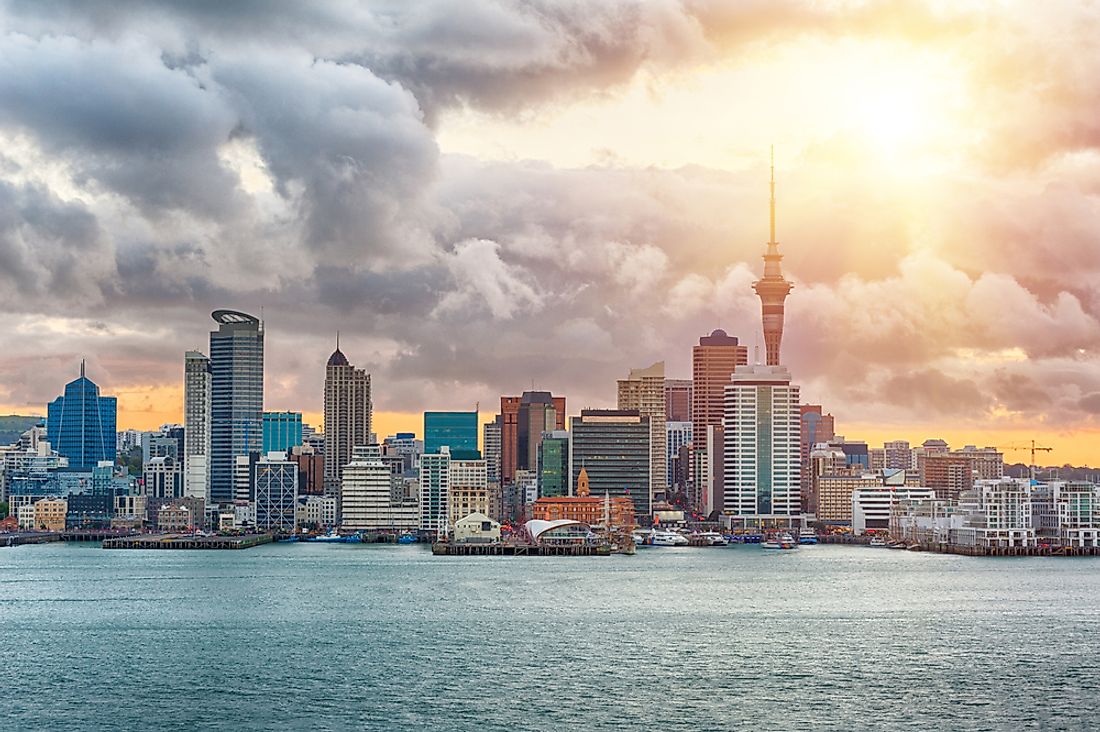Is New Zealand A Country?

What Is A Country?
A country can be defined as the subdivision of a continent into smaller areas by imaginary lines known as border lines. In political geography, a country is defined as a national entity with a centralized government, defined territory, and a permanent population governed by an established set of laws referred to as a constitution. A country can either be sovereign or non-sovereign. One of the sovereign states of the world is New Zealand. This article focuses on why New Zealand is considered a country, its history, and some of its interesting facts.
Is New Zealand A Country?
New Zealand, comprising of two main islands (North Island and South Island) and approximately 600 smaller islands in the Pacific Ocean, is part of the continent of Oceania. New Zealand is a sovereign state, meaning that it is represented by a single centralized government, has a defined territory, and a permanent population. It is one of the most developed countries in the world and ranks highly in several indices including quality of life, economic freedom, education, and health. As a sovereign state, New Zealand is a member of several international bodies including the United Nations, ANZUS, Commonwealth of Nations, and Pacific Island Forum among other bodies. The capital city of New Zealand is Wellington while Auckland is the most populous city.
Brief History of New Zealand
New Zealand was one of the last places to attract human settlement because of its remoteness. Records indicate that the first people to settle there were the Eastern Polynesian around 1250 to 1300. In the late 18th century, the British established a new colony of New South Wales which included New Zealand and appointed Arthur Phillip as the new governor in 1788 and James Busby as the British Resident in New Zealand in 1832. The British declared sovereignty over New Zealand in May 1840 following an attempt by the French to establish a settlement in the country. New Zealand became the separate Colony of New Zealand in 1841 and became self-governing in 1856. The capital was later transferred from Auckland to Wellington following fears that the South Island might become a separate colony. In 1893, New Zealand became the first country to grant all women the right to vote.
Economy of New Zealand
The economy of New Zealand is categorized as an advanced market economy. It is one of the most developed countries and ranks highly in economic freedom. The economy is based on the thriving extractive industries. The higher living standards and quality life have been achieved through the high demand for agricultural produce from the United Kingdom and the United States. The economy of New Zealand has also benefited greatly from innovation. The country is dependent on international trade making it vulnerable to international commodity prices.
Demographics of New Zealand
As per the 2013 census, New Zealand has a population of approximately 4.2 million people. Recent estimations by the World Bank indicate that the country has a population of 4.6 million people. New Zealand is mainly an urban country with over 70% of the population living in the main urban areas. Approximately 53% live in the four largest cities (Wellington, Auckland, Hamilton, and Christchurch. By 2050, the population of New Zealand is estimated to reach 5.5 million.











